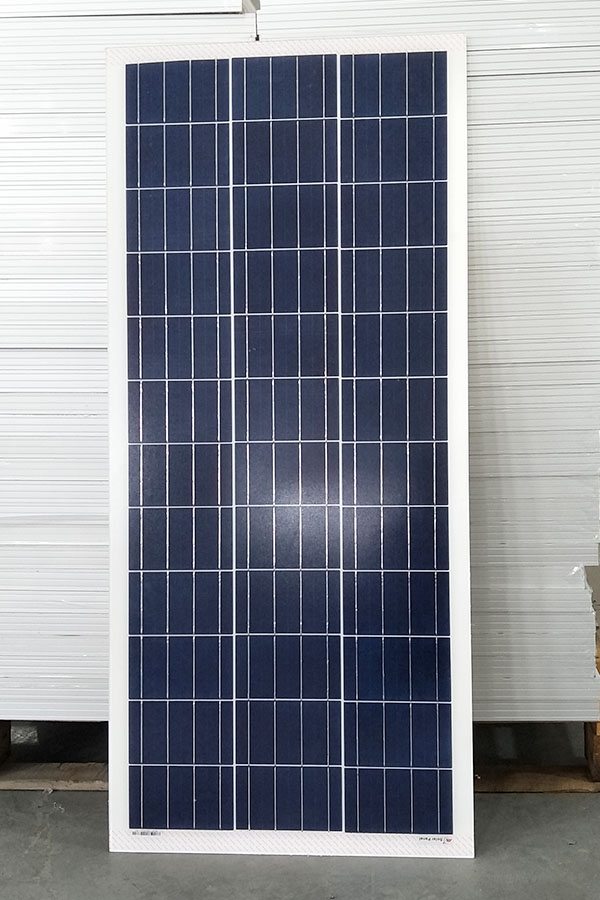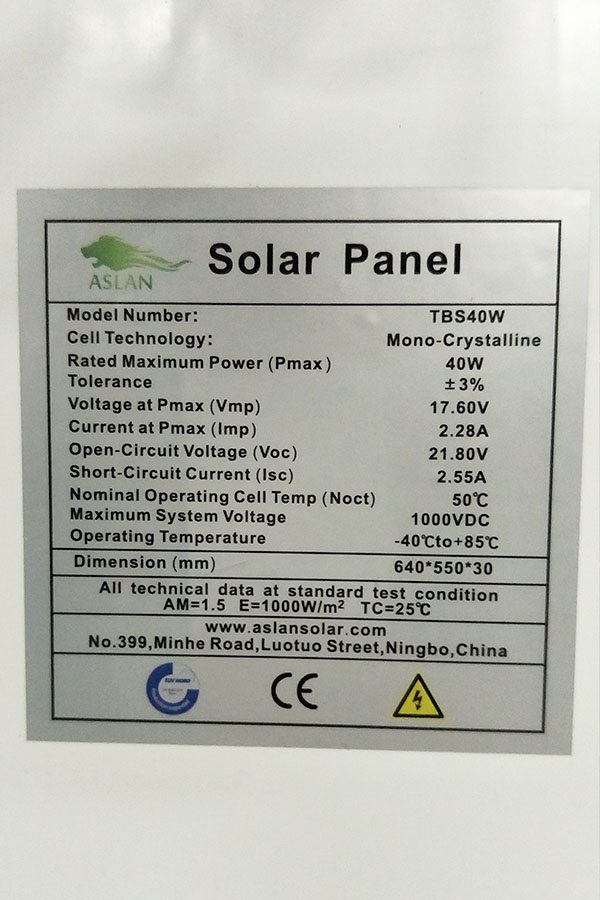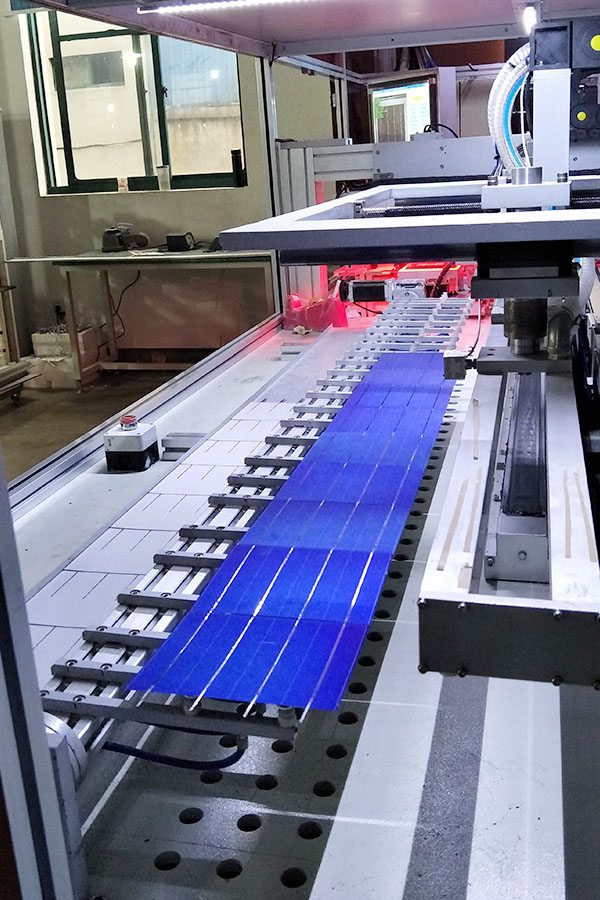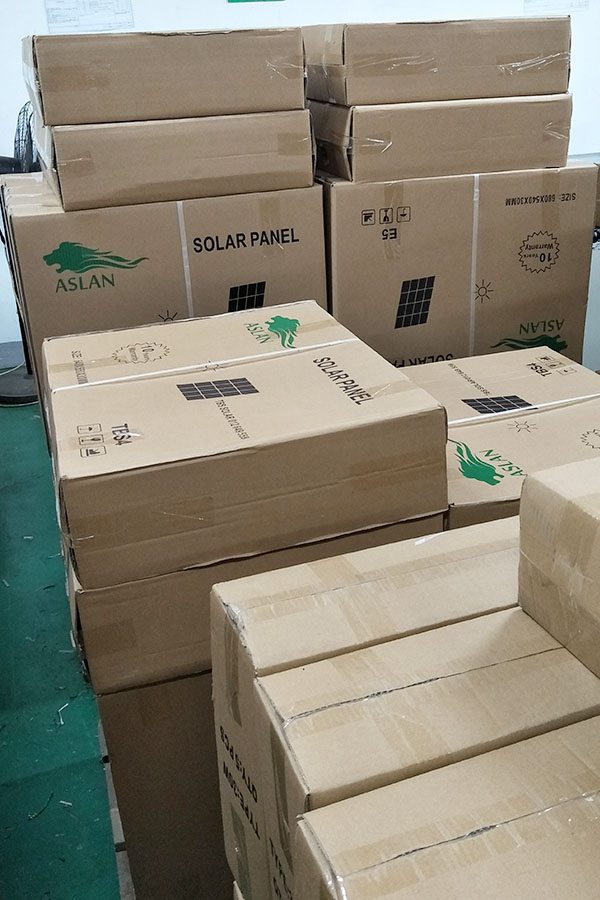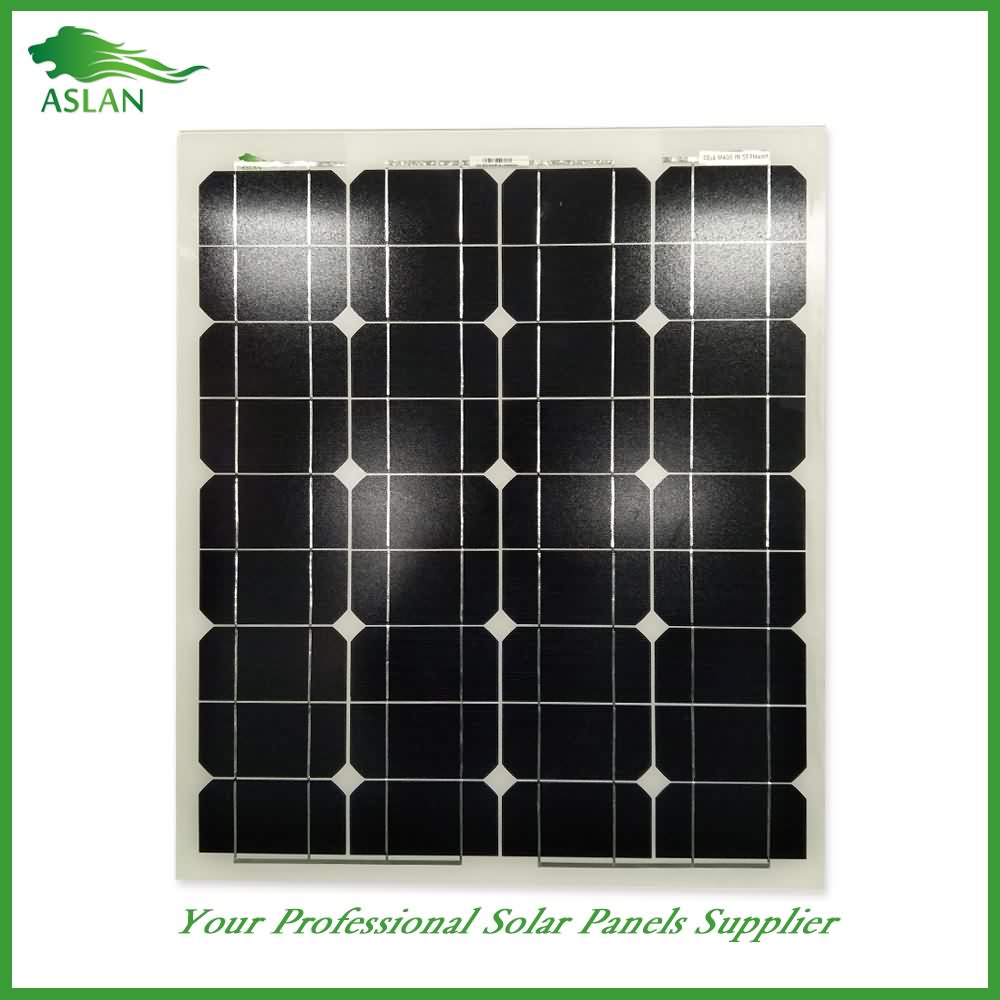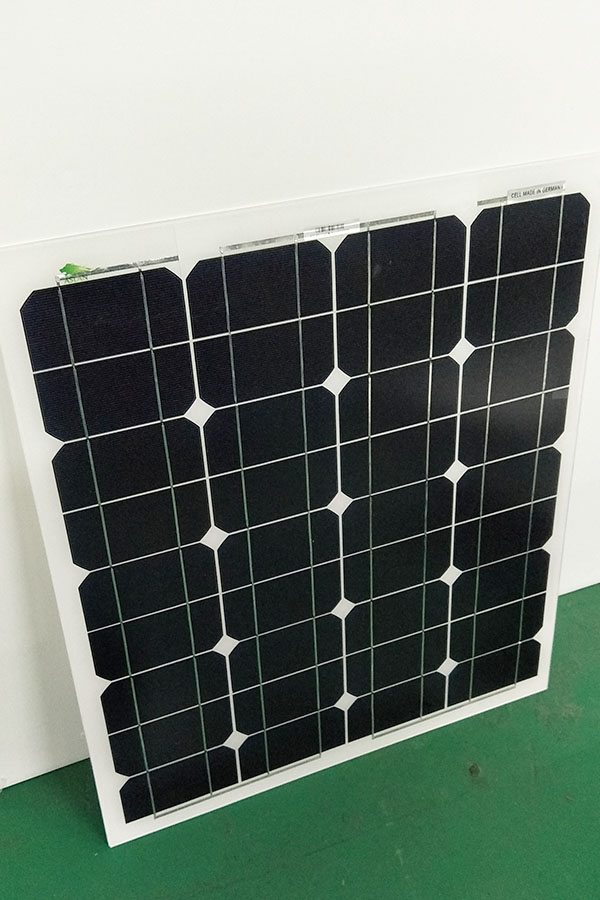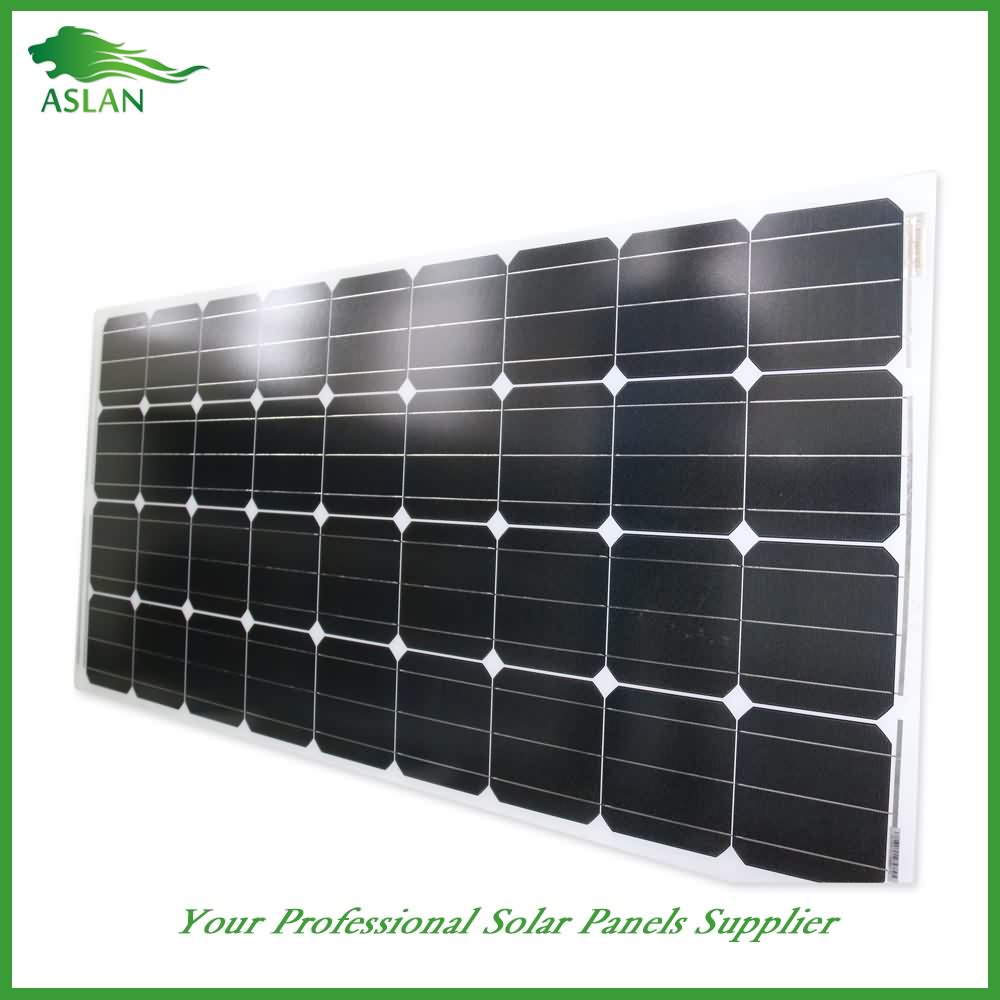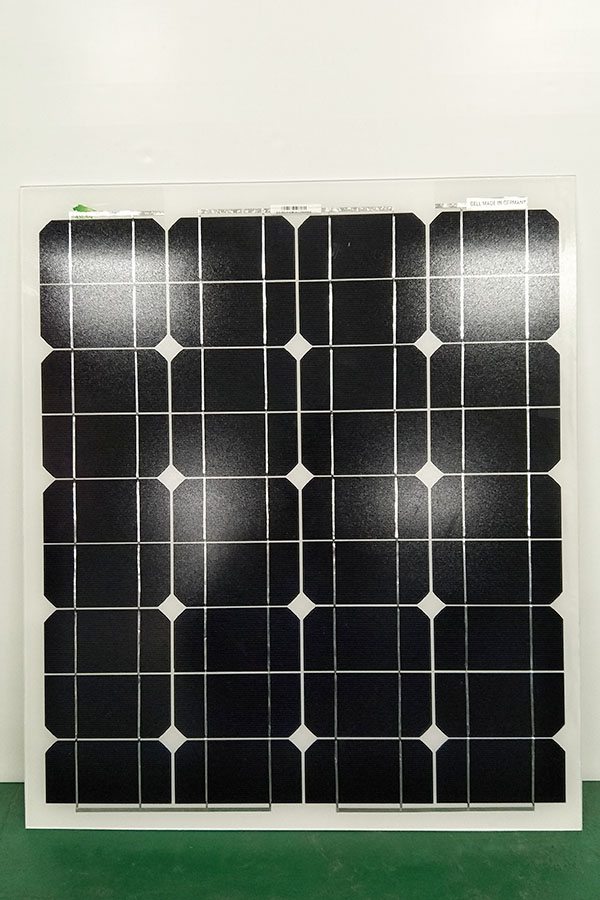Reliable Supplier Poly-crystalline Solar Panel 90W Factory for Rotterdam
Short Description:
"Quality first, Honesty as base, Sincere service and mutual profit" is our idea, in order to develop continuously and pursue the excellence for Reliable Supplier Poly-crystalline Solar Panel 90W Factory for Rotterdam, We, with open arms, invite all interested buyers to visit our website or contact us directly for further information.
Poly-crystalline Solar Panel 90W
Technical parameter
Maximum Power(W) 90W
Optimum Power Voltage(Vmp) 18.33V
Optimum Operating Current(Imp) 4.91A
Open Circuit Voltage(Voc) 21.96V
Short Circuit Current(Isc) 4.89A
Mechanical Characteristics
Cell Type Poly-crystalline 156x104mm (6 inch)
No of Cell 36 (4x9pcs)
Dimensions 1008x678x35mm
Weight 8.0KGS
Front Glass 3.2mm,High Transmission, Low Iron,Tempered Glass
Junction box IP65 Rated
Output Cable TUV 1×4.0mm2/UL12AWG,Length:900mm
Temperature and Coefficients
Operating Temperature(°C): -40°C ~ + 85°C
Maximum System Voltage: 600V(UL)/1000V(IEC) DC
Maximum Rated Current Series: 15A
Temperature Coefficients of Pmax: -0.435%
Temperature Coefficients of Voc: -0.35%
Temperature Coefficients of Isc: 0.043%
Nominal Operationg Cell Temperature (NOCT): 47+/-2°C
Materials of solar panel
1).Solar Cell——Poly-crystalline solar cell 156*104mm
2).Front Glass——-3.2mm, high transmission, low iron, tempered glass
3).EVA——-excellent anti-aging EVA
4).TPT——-TPT hot seal made of flame resistance
5).Frame——anodized aluminum profile
6).Junction Box——-IP65 rated, high quality, with diode protection
Superiority: high quality anodized aluminum frame, high efficiency long life, easy installation, strong wind resistance, strong hail resistance.
Features
1. High cell efficiency with quality silicon materials for long term output stability
2. Strictly quality control ensure the stability and reliability, totally 23 QC procedures
3. High transmittance low iron tempered glass with enhanced stiffness and impact resistance
4. Both Poly-crystalline and Mono-crystalline
5. Excellent performance in harsh weather
6. Outstanding electrical performance under high temperature and low irradiance
Quality assurance testing
Thermal cycling test
Thermal shock test
Thermal/Freezing and high humidity cycling test
Electrical isolation test
Hail impact test
Mechanical, wind and twist loading test
Salt mist test
Light and water-exposure test
Moist carbon dioxide/sulphur dioxide
This is the story of a rogue star that passed through our solar system as recent as 70,000 years ago.
**REMEMBER TO SUBSCRIBE FOR MUCH MORE TO COME**
FʘLLʘW THE VENDOR 101
Subscribe – https://www.youtube.com/c/TheVendor101
Google+ – https://plus.google.com/+TheVendor101
Twitter – https://twitter.com/thevendor101
If you enjoyed this video, then let me know and i will start making current science news videos as well.
70,000 thousand years ago, an alien passed though our solar system. But not a little green man in a flying saucer, a big ball of burning gas. Astronomers have discovered that a real shooting star, came five times closer than our current nearest neighbor Proxima Centauri.No other star is known to have approached this close to us. The object, a red dwarf nicknamed Scholz’s star, cruised through the outer region of the solar system known as the Oort Cloud. The essentially failed star, wasn’t alone either, it was accompanied on its travels by an object known as a brown dwarf making it a binary star system. Astronomers discovered that the dim stars passed a very close 0.8 light years from the Sun, in comparison, our closest neighboring star Proxima Centauri is 4.2 light years away. Researchers observing the stars found that by recording the change in distance from the Sun to the stars and the star’s motion across the sky they could determine the trajectory of the ancient objects. By tracing its movements back in time, they found its close shave with the Sun occurred as recent as 70,000 years ago. The binary star system has a low mass and it was speeding by our solar system at the time which means that the effects caused on the Oort Cloud were very small. Currently Scholz star lies around 20 light years away in the constellation of Monoceros, so at least we haven’t got to worry about that happening again. Or maybe we have… Dr Mamajek of the University of Rochester estimates that a rogue star probably passes through the Oort Cloud every 100,000 years, or so. But he also suggests that an approach as close as the Scholz’s star is somewhat rarer, and is only estimated to occur once every nine million years. Until now, the top candidate for the closest predicted flyby of a star to the Sun was HIP 85605, which is predicted to come close to our Solar System in 240,000 to 470,000 years from now. So the Scholzs star really was to close for comfort and it may of even been visible to the naked eye all those years ago. So Let’s just hope that another one of these infiltrating stars, doesn’t head our way any time soon.
So theirs a story about a rogue star that if it had been around 1 light year closer, you wouldn’t be here and watching this video, so to celebrate hit the like button and if you haven’t already subscribe for much more to come.
copyright all rights reserved How to make a parabolic shape from a flat sheet, I discovered that by attaching corners of screen, covering with 50/50 cement, screened sand mix, instead of water, Elmer’s glue, then cover with plastic, weighing it down with sand forms a parabolic shape from the flat sheet of screen when it hardens. I cover with tin foil, attach 4 corners of sheet, then covering with plastic, weighing it down with sand forms a parabolic shape from the flat sheet of tin foil, seal rest of foil , add valve and suck the air out creating the most powerful solar energy lenses ever seen!
First you make cheap solar lenses…the basic idea…
first idea…
http://www.facebook.com/photo.php?pid=564583&l=9652eb0a8f&id=100000029148731
http://www.facebook.com/photo.php?pid=564581&l=4124042b67&id=100000029148731
http://www.facebook.com/photo.php?pid=564585&l=81114508ce&id=100000029148731
Then you use lenses to light Plasma of a short wave light.
The problem with solar electric is Sun light is mostly Heat, only a small percentage of Sun Light is Ultraviolet(Short wave) that photovoltaic cells make electricity from.
Like a Neon tube that makes white light, that uses a electricity to light plasma, my idea is use light from a focus of many lenses(heat) to light the short wave tube(like tanning bulb, that make mostly Ultraviolet & Short wave) and the light goes to a small cheap photovoltaic panel(By doing this I am changing almost all heat energy of Sun to Short Wave, this is what photovoltaic panel use to make electricity). I expect to go from what we get now 5% efficiently to 50% efficiently.
So this will make electricity cheap for running air conditioners and refrigerators.
Second idea..on lenses…
All that is needed is large, cheap, efficient lenses, this method of turning a flat sheet to a parabolic shape (efficient) and cheap method(cement screen) that can also make large lenses….
the Video above…
One problem left, I am using tinfoil that I solder and takes a lot of labor, if I used 100% reflective window tint I could use heat bonding and quickly manufacture!
Solar Energy how to make Solar lenses and Solar Cookers
https://www.youtube.com/edit?o=U&video_id=WK6xy9BO5TU
Solar Cooker at https://youtu.be/7uwhxT1lj1Q
